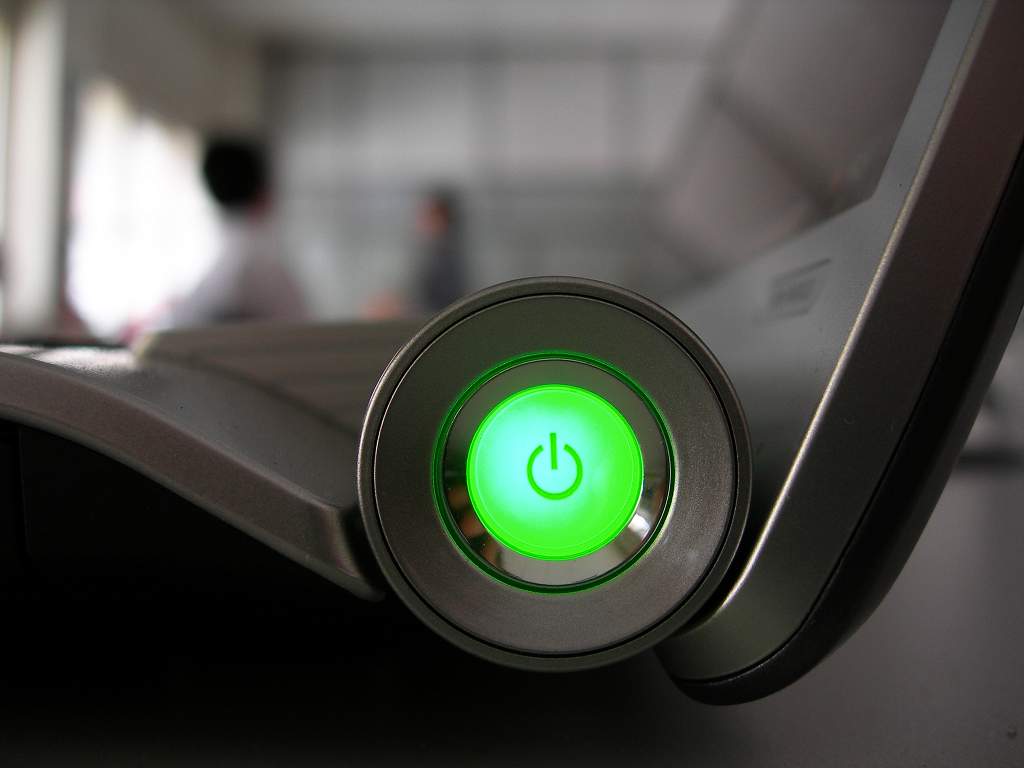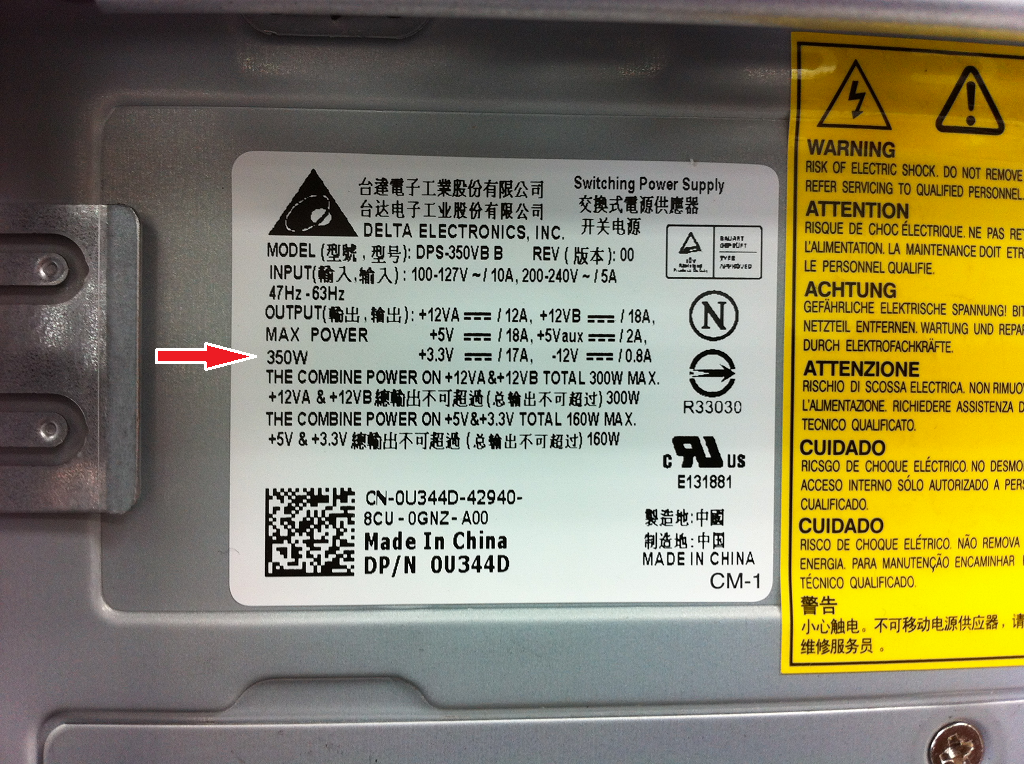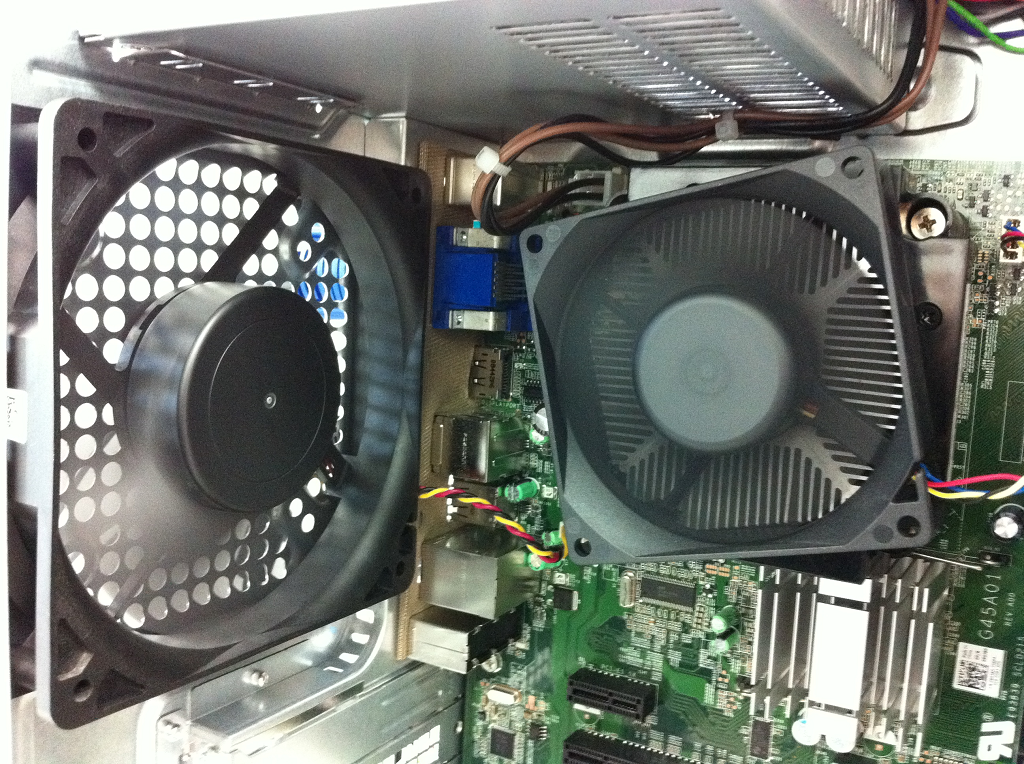Even now as most people have a computer and most have been using one for a long time, I still get the question, “How often should I turn off my computer?” Sometimes someone asks if it’s ok to leave it on all night, or if sleep mode is good enough. I will go over a few of these issues and hopefully give you a better idea of what you should be doing.
Keyword: Should
“Should” is a tricky word. Should you turn off your computer every night if you have critical backups scheduled for 1am? Probably not. Should you turn off your computer every night because your power bill is always too high? Yes. Computers are fairly rugged, and if you’re concerned about the wear and tear of leaving the computer on all the time, don’t worry. All the components are tested for years of use. The main reason to turn off your computer is based on your personal use and preference. The environmental savvy user will turn off their computer to save electricity, while the demanding user might want their computer ready at a moment’s notice. So ask yourself a few questions:
- Is the convenience of immediate access worth the extra electricity cost?
- Do I have any programs that need to be accessed 24/7?
- Do I need remote access into my computer at any time?
For a direct answer – yes, most users should turn off their computer every night. Doing so saves energy, reduces your power bill, and resets the state of your computer. One overlooked issue, and something those who leave their computer on all the time run into, is that your computer is constantly dealing with errors. Every second, your computer is handling processor queries and memory functions that result in an error. The efficiency of the processor is why you see so many different processors of relatively the same type. In general, low-end processors are the same makeup of the high-end ones, just with larger error-rates and lower heat tolerances. That’s something to get into on another post, but basically that means over time your computer will store erroneous data in memory. Sometimes this causes games to freeze, programs to crash, and any number of issues can arise. The end result? The user restarts their computer. If you turn the computer off every night, you reduce the chance of memory errors building up and affecting your computer.
Most servers need to be restarted regularly as well. One of the top game design companies, Blizzard Entertainment, has a scheduled restart of their servers every week for their World of Warcraft game. CCP, the makers of EVE Online, restart their servers every day! So as a general computer user, just make sure you have some kind of plan to restart your computer, or there’s a good chance you’ll be contacting us for computer repair when things start acting up.
The Cost
The power supply in your computer is rated to be able to provide up to a certain number of Watts. For an average computer, you might be pulling up to 350 Watts. I know here around Bellevue, the cost of electricity is around 11 cents per kilowatt hour. That means at full load that average computer costs around 92 cents per day. Gaming computers with multiple video cards, high end processors and 1000 Watt power supplies might be spending over $2 per day keeping that beast on all the time. Not included are: speakers, monitor and attached peripherals. If you don’t mind spending an extra $30-$60 per month on your electric bill (per computer you own, I might add), then go right ahead. Otherwise, do yourself a favor and turn them off every night.
Wear and Tear
Although computer components are rated for many years of use without problems, we wouldn’t be a computer repair company if things actually performed to expectation. One thing to take note of is that most computers have at least one moving part – the fan. It uses an electric motor, and eventually all fans wear out. In addition, most magnetic hard drives use an electric motor to spin their discs at high speeds to read and write data. Even when idle, or while in certain sleep modes, the hard drive continues to spin. Although a hard drive should last for years of constant use, the fact is they do eventually fail. And when that happens, it’s a big problem. Personally, I wouldn’t leave my car on idling over night, so why would I want to leave my hard drive and cooling fans spinning when not in use?



You touched on it a little bit but could stress that shutting down the computer will free up no-longer used RAM for those who do not use a program to free up RAM manually. However, if one doesn’t know what they are doing or when to use the program and they run it like they have OCD that could make their computer slower with each click!
Here’s a tip for a free memory boost:
With a little bit of practice of keeping in mind what it is you wanted to search as you wait for your computer to boot up you could increase your memory!